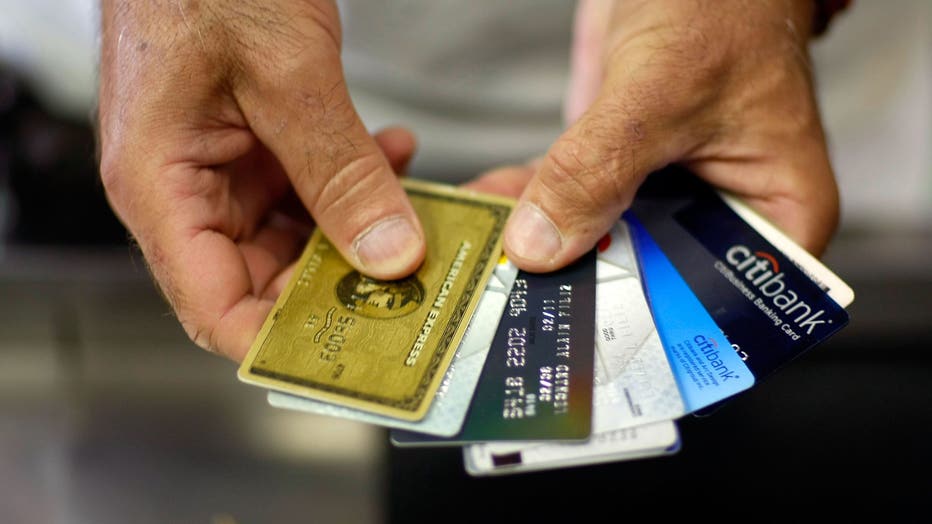Americans owe record $1.3 trillion in credit card debt
Credit card debt in the U.S. increased by $27 billion in the three-month period from April to June, a troubling sign that Americans are increasingly relying on credit cards to cover everyday costs.
According to a New York Federal Reserve report published Tuesday, total credit card debt in Q2 rose to $1.14 trillion, up 1% from the previous quarter. It’s the highest credit card debt recorded since the Fed started tracking it in 2003, FOX Business reports.
More concerning is the rise in credit card delinquency – about 9.1% of outstanding credit card debt was delinquent. That’s up 8.5% from the first three months of 2024.
RELATED: Mortgage rates drop to new low as Fed grows closer to slashing interest rates: Freddie Mac
One factor contributing to record-high credit card debt is the record-high interest rates people are paying right now. According to a Bankrate database dating back to 1985, the average credit card annual percentage rate hit 20.73% last week – a new record.

Credit card debt has reached record levels in the US (Photo by Joe Raedle/Getty Images)
If someone owes $5,000 in debt (the average American does), with current APRs it would take roughly 279 months and $8,124 in interest to pay the debt down if you make minimum payments, FOX Business reports.
RELATED: Economist urges Fed to meet 'now' to cut rates as stocks tumble: It's a 'frightening time'
Total household debt is also on the rise, according to the New York Federal Reserve report. It reached a staggering $17.8 trillion in Q2, up $109 billion from March. About 3% of total household debt was in a stage of delinquency, and more than 130,000 people had bankruptcy notations added to their credit reports in Q2. New bankruptcies, however, remain low, according to FOX Business.
RELATED: To fight inflation, more Americans are using digital coupons and scoring big savings
Inflation is slowly falling, the Fed reports, but not enough for the Federal Reserve to lower interest rates at its most recent meeting last week.
If inflation continues to fall, "a reduction in our policy rate could be on the table" when the Fed next meets Sept. 17-18, Federal Reserve Chairman Jerome Powell said.
The Fed is seeking to strike a delicate balance: It wants to keep rates high enough for long enough to quell inflation, which has fallen to 2.5% from a peak two years ago of 7.1%, according to its preferred measure. But it also wants to avoid keeping borrowing costs so high that it triggers a recession.
The Associated Press and FOX Business contributed to this report.


